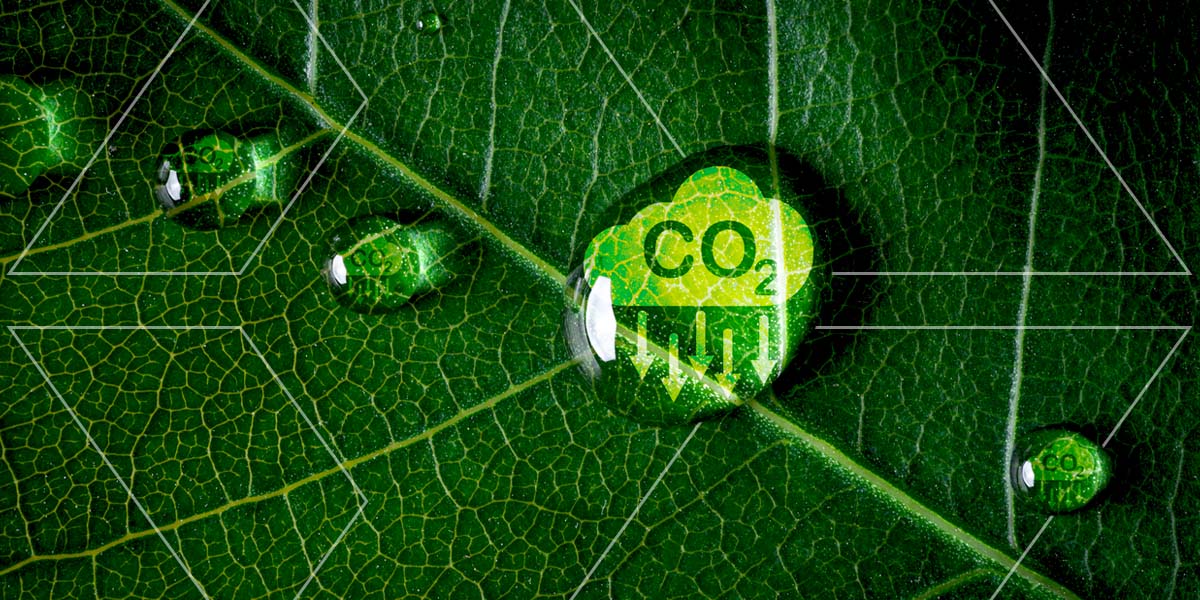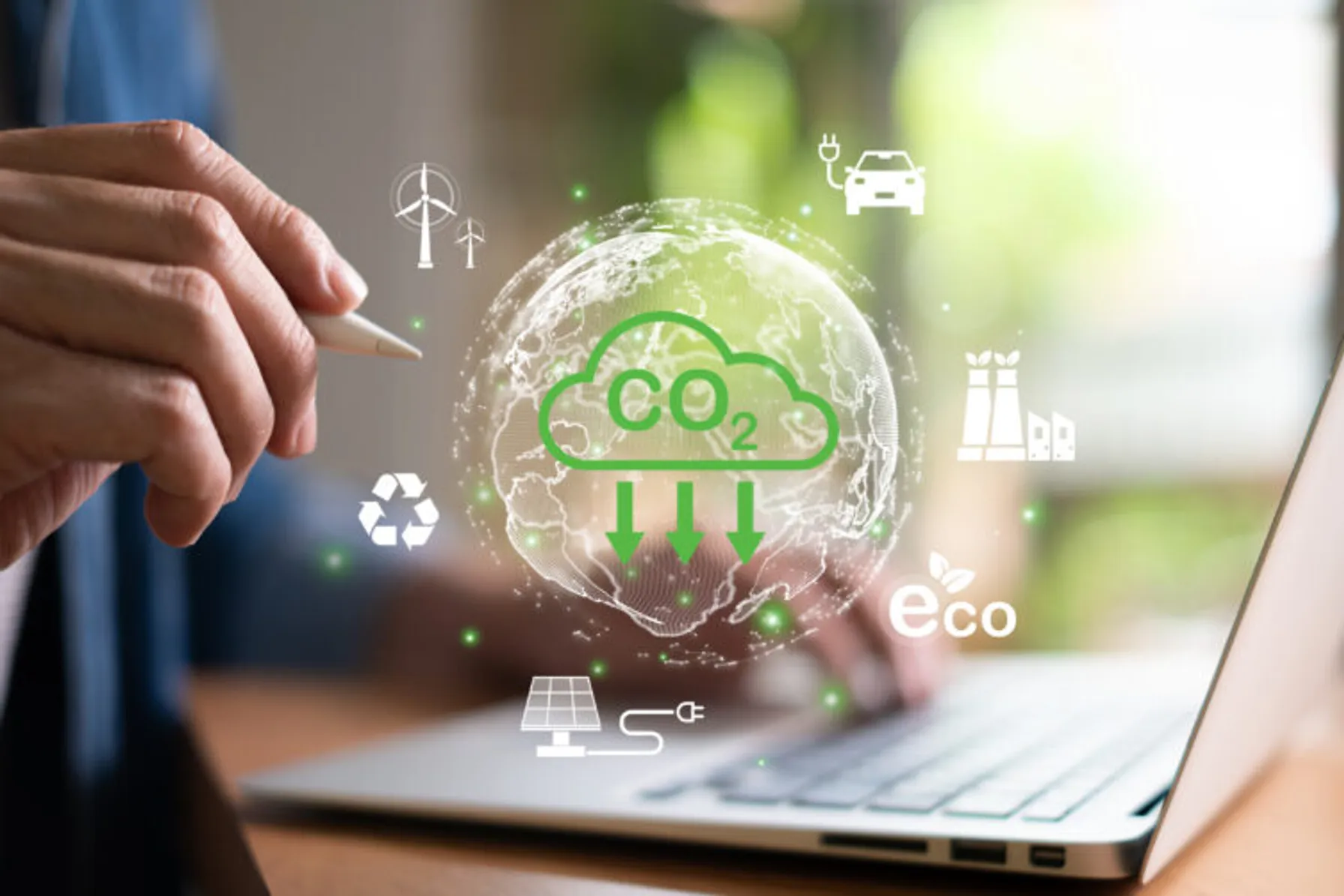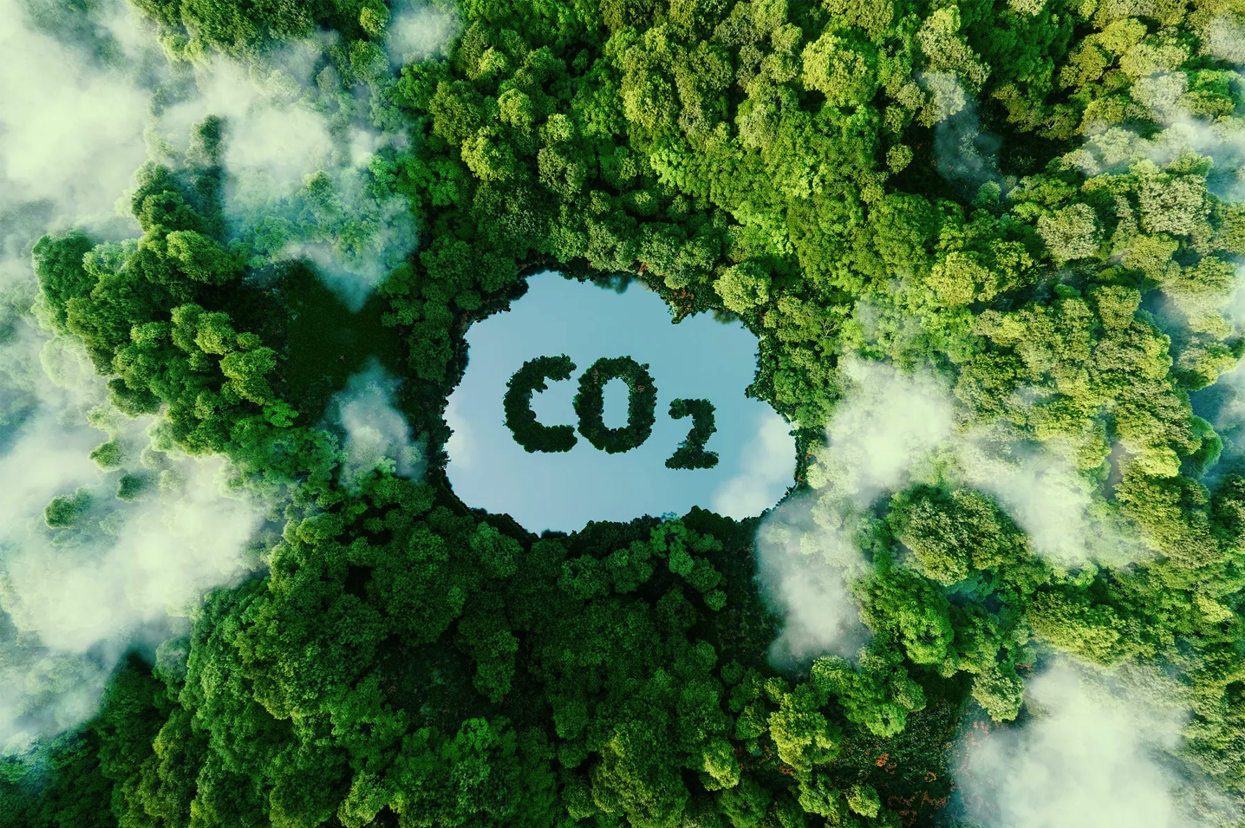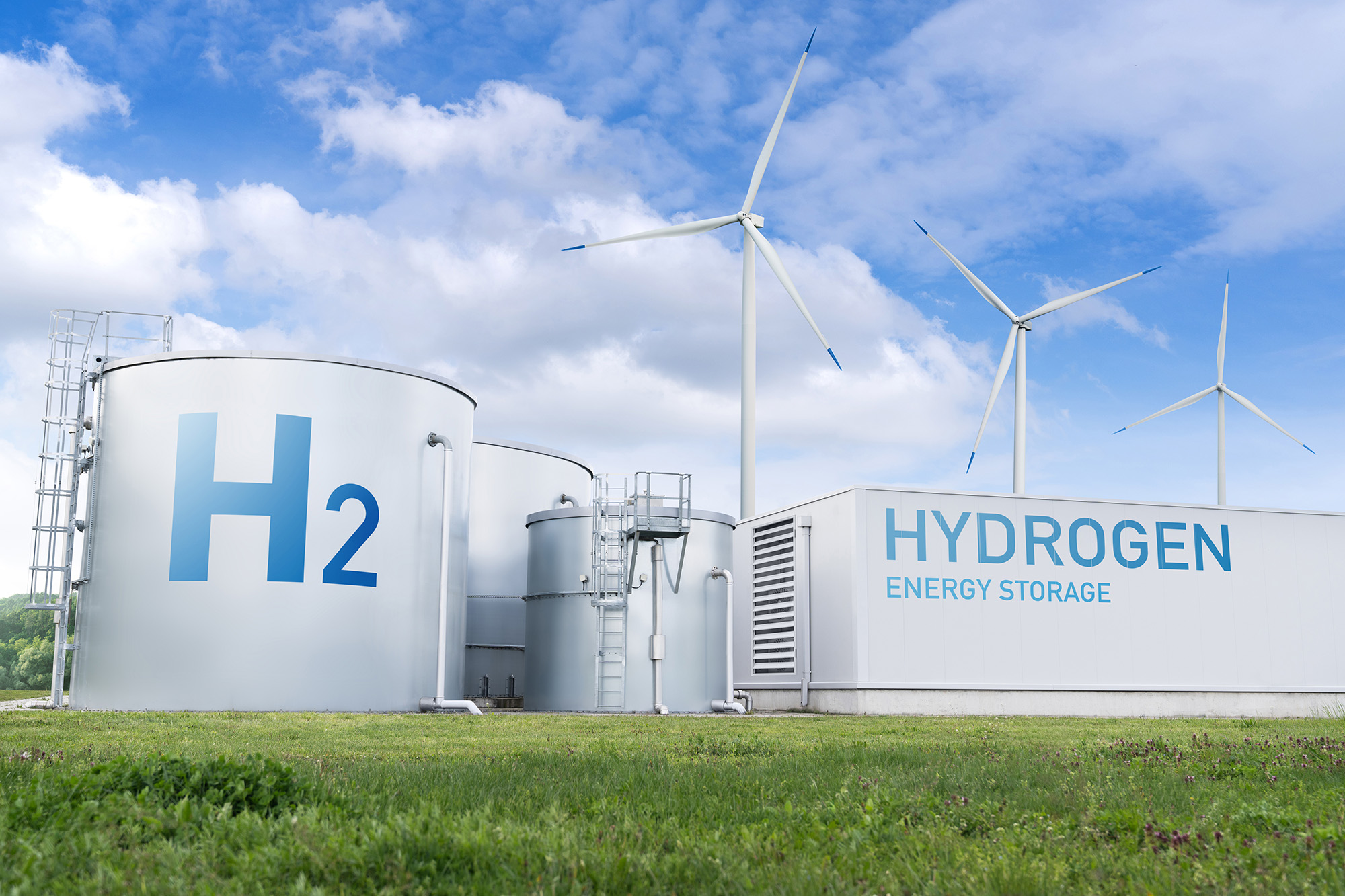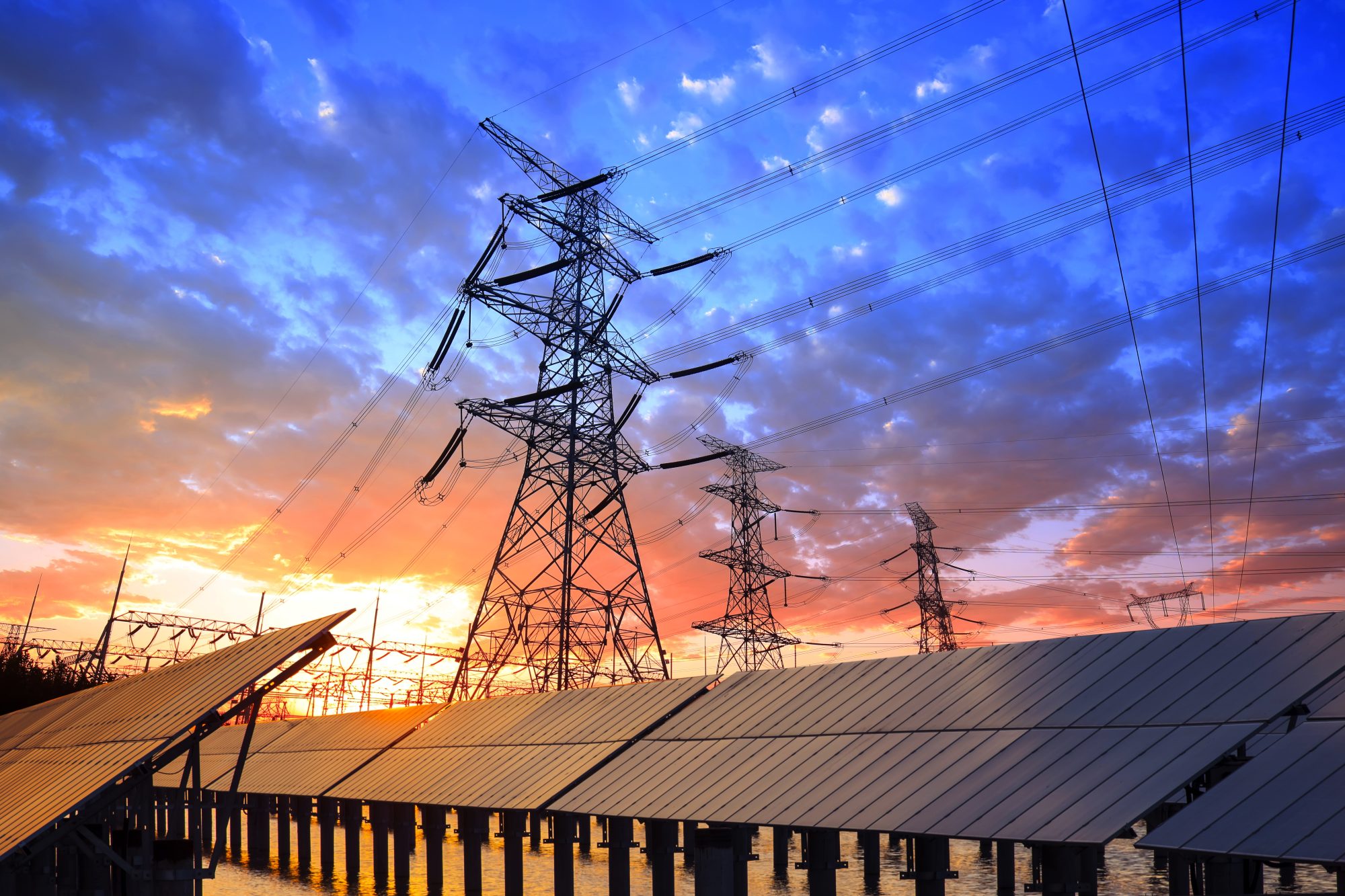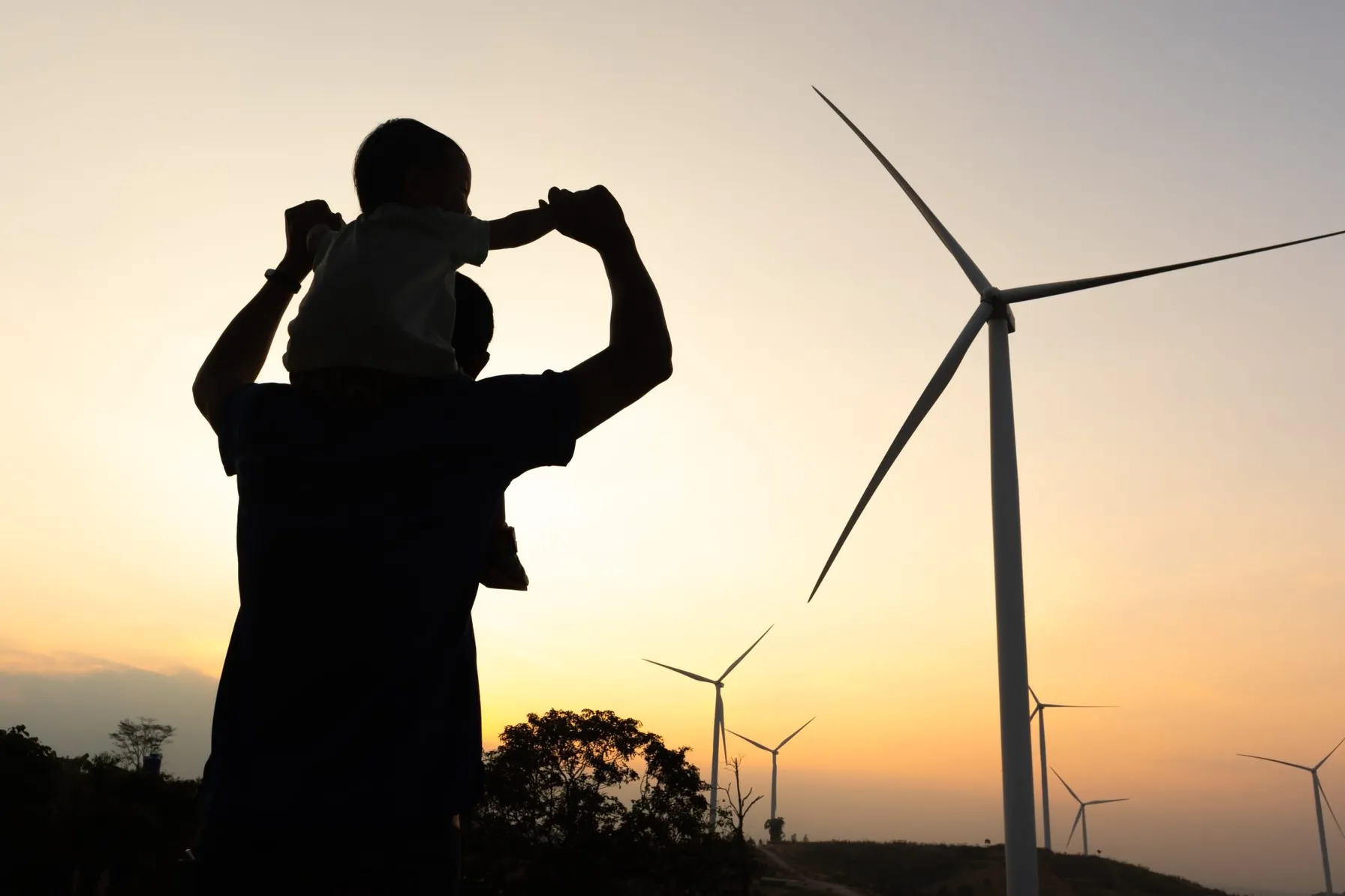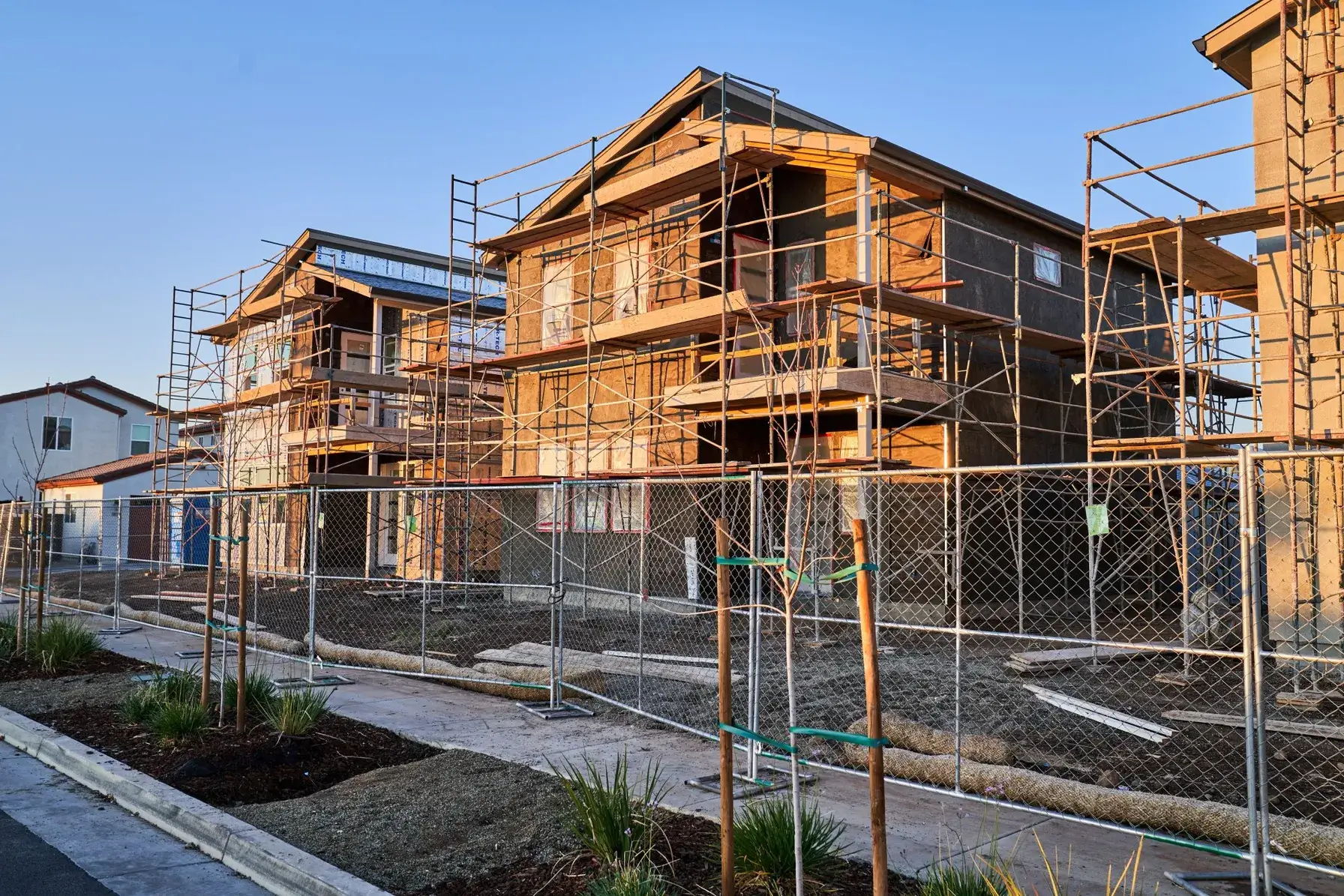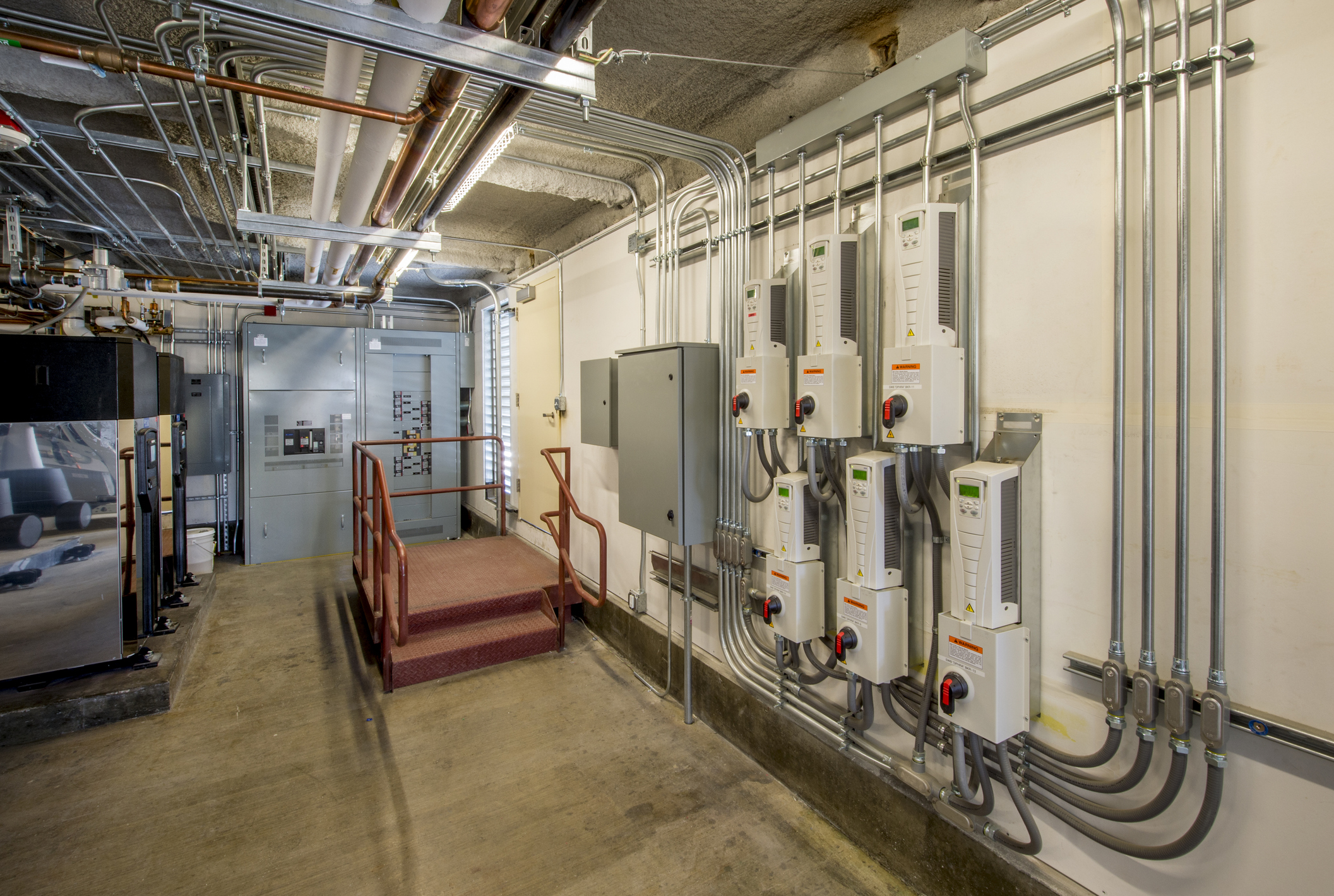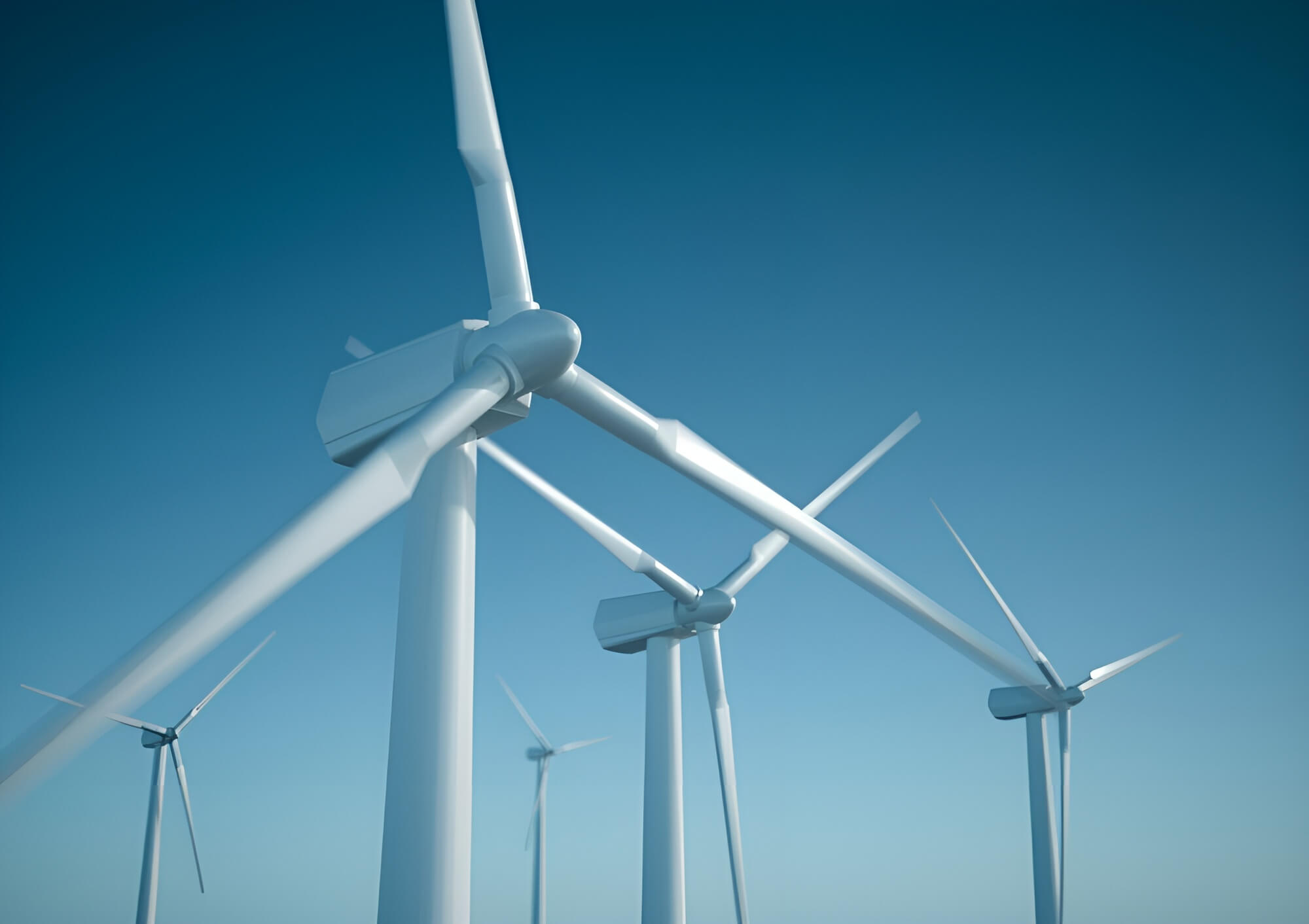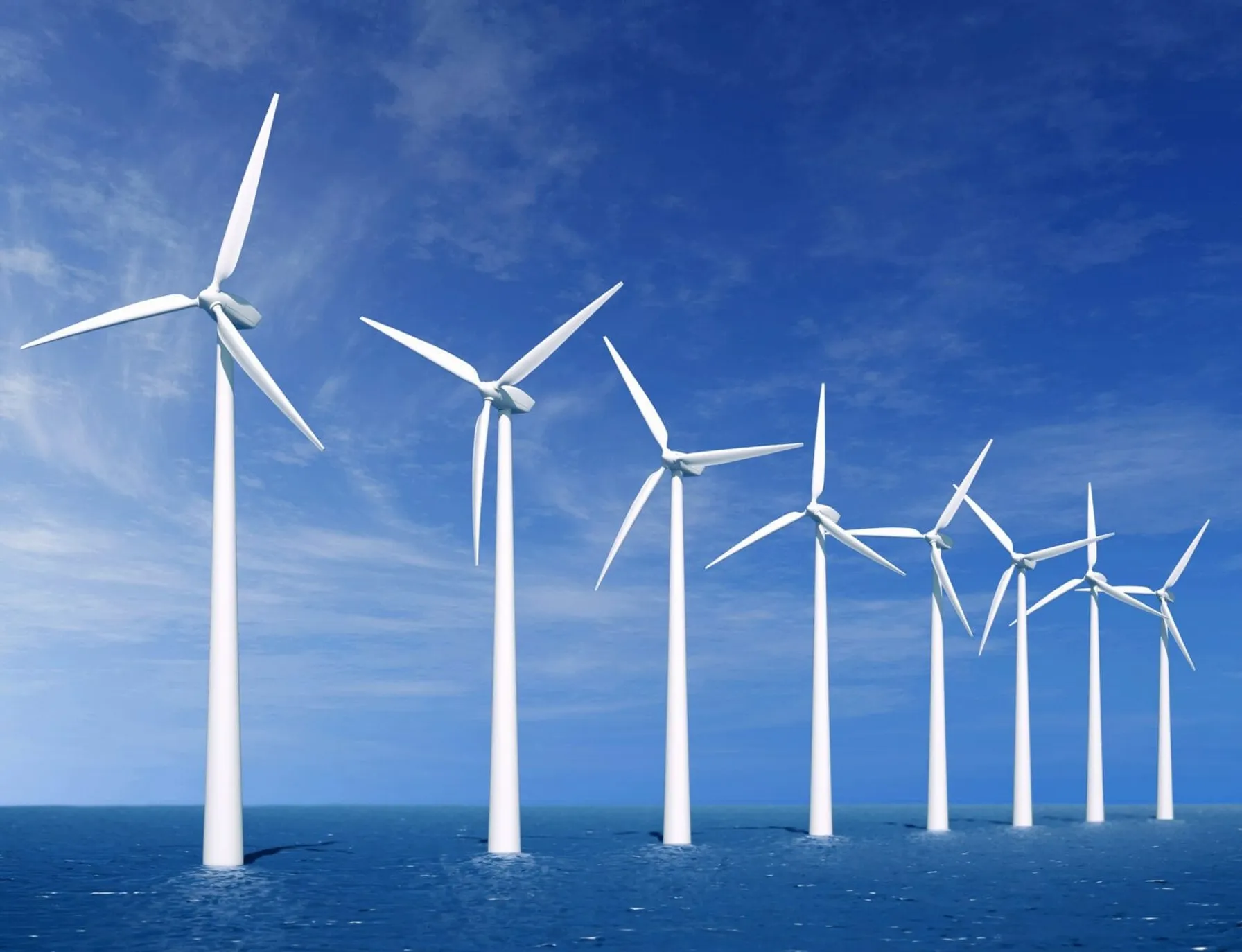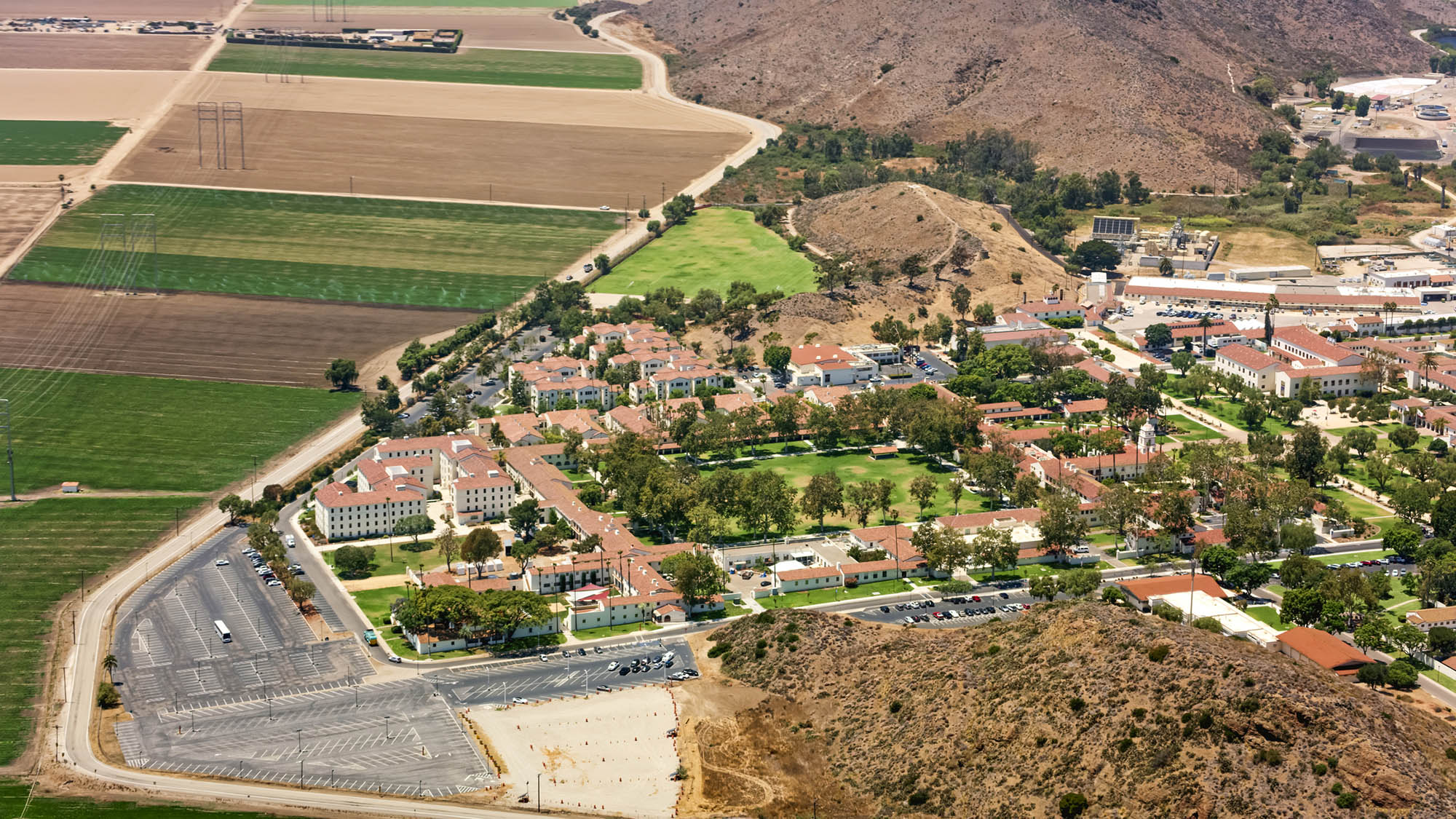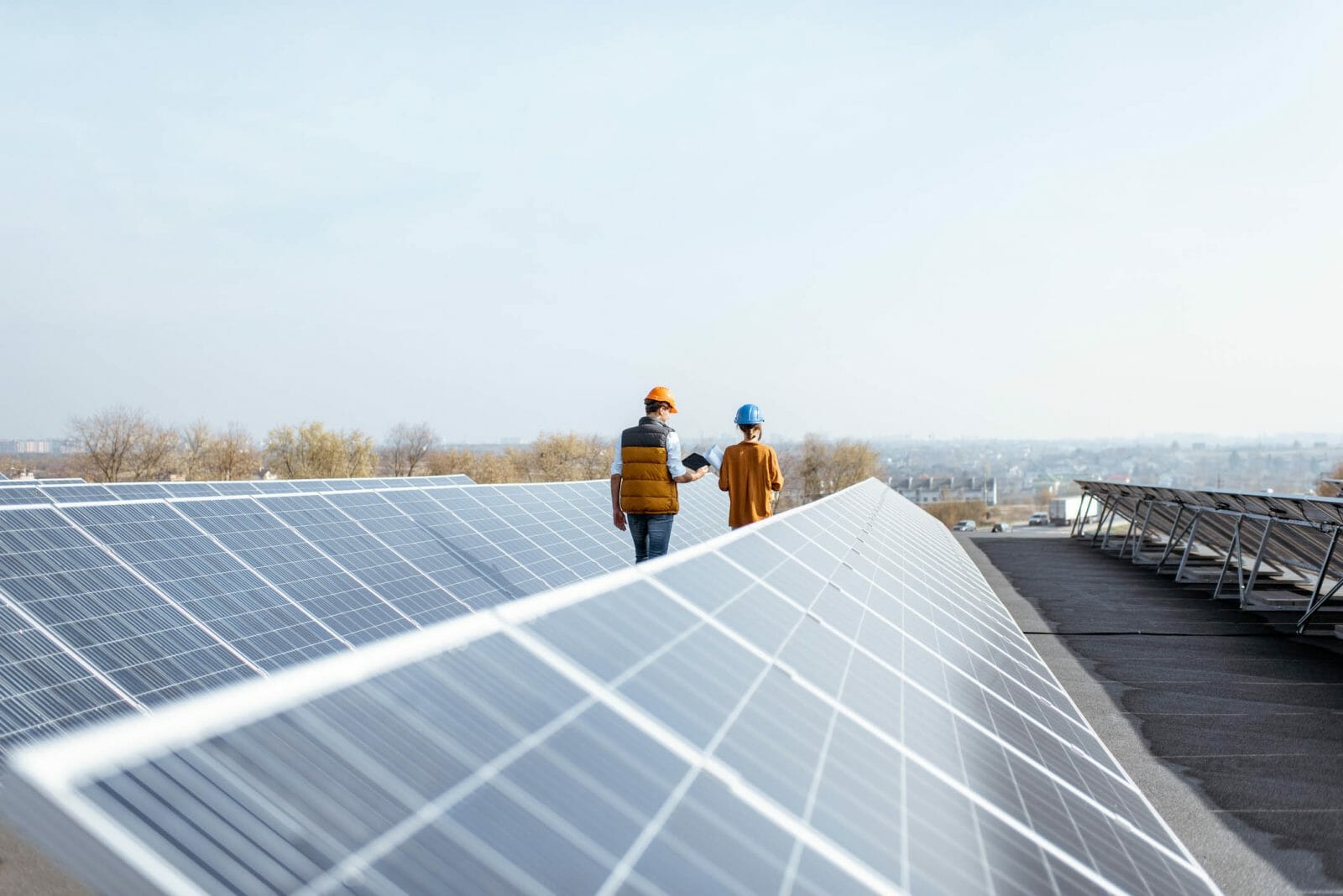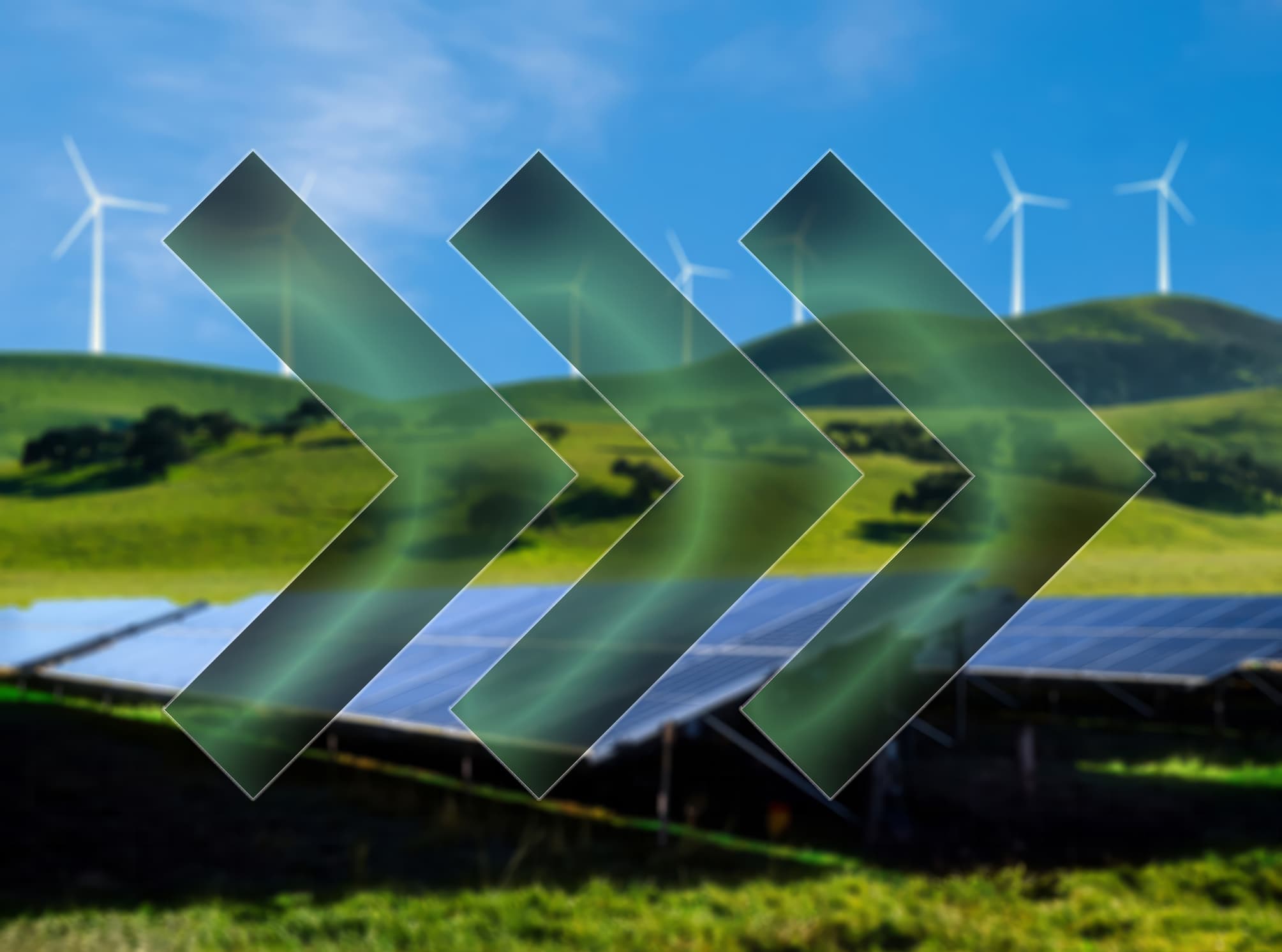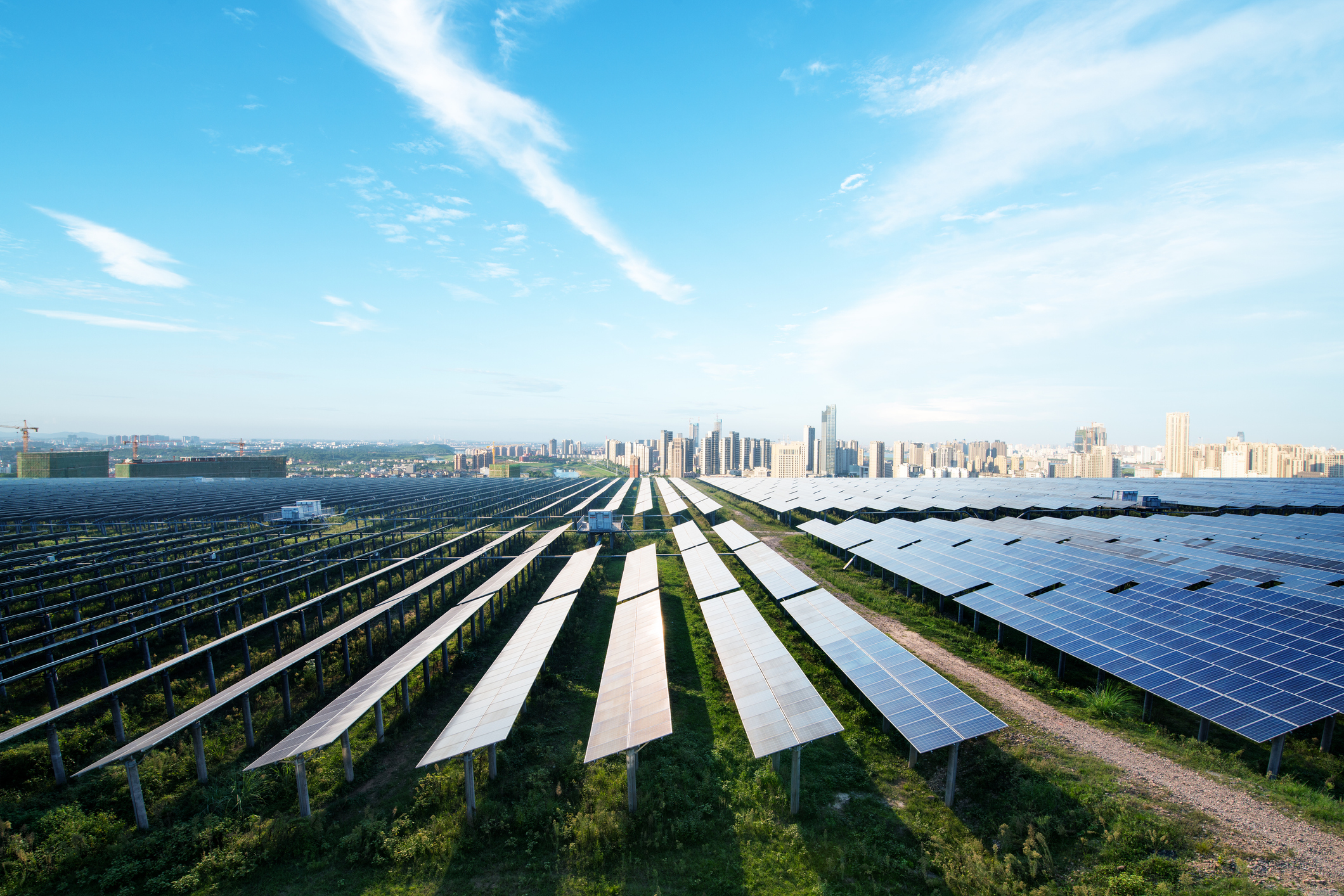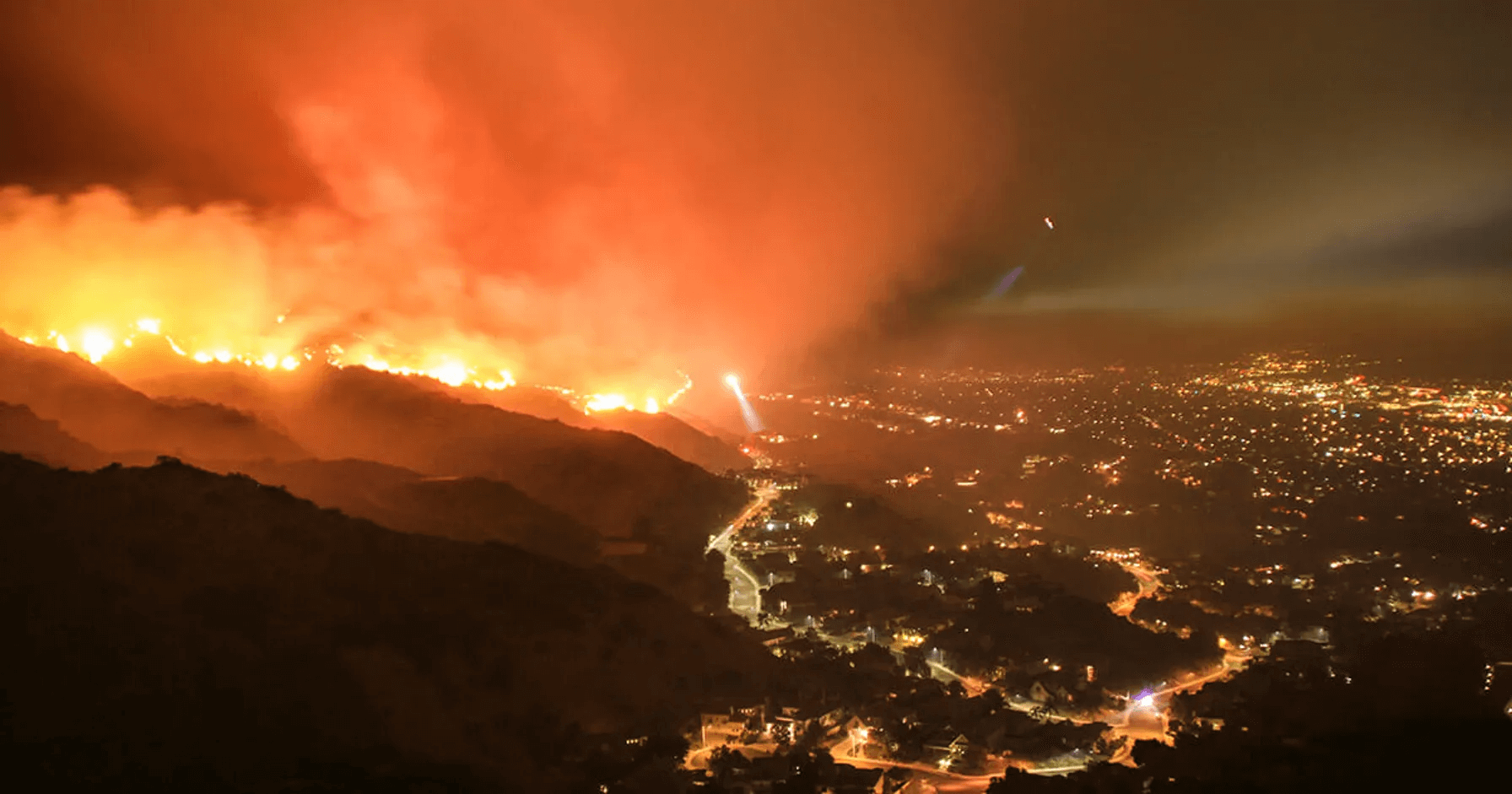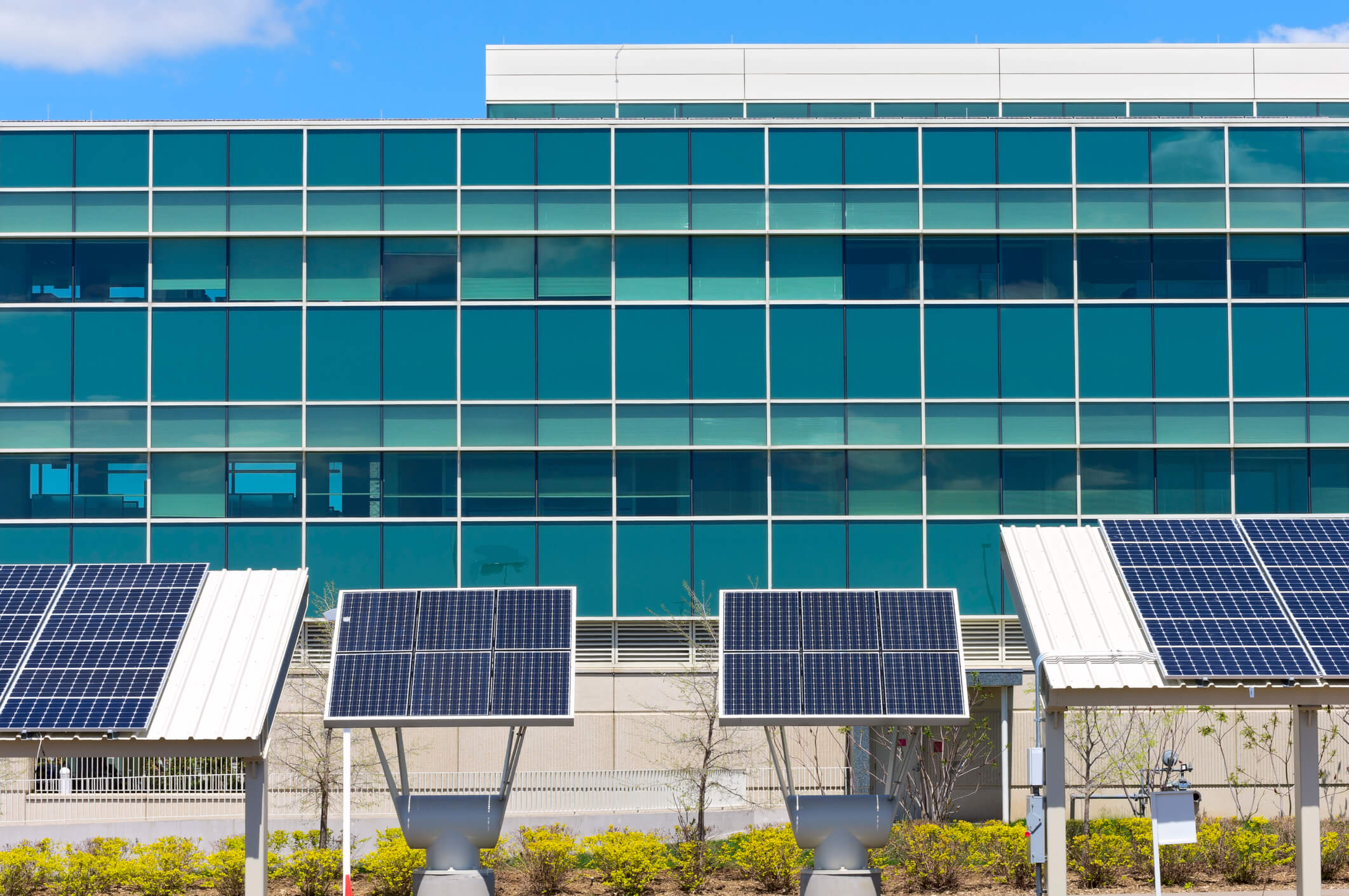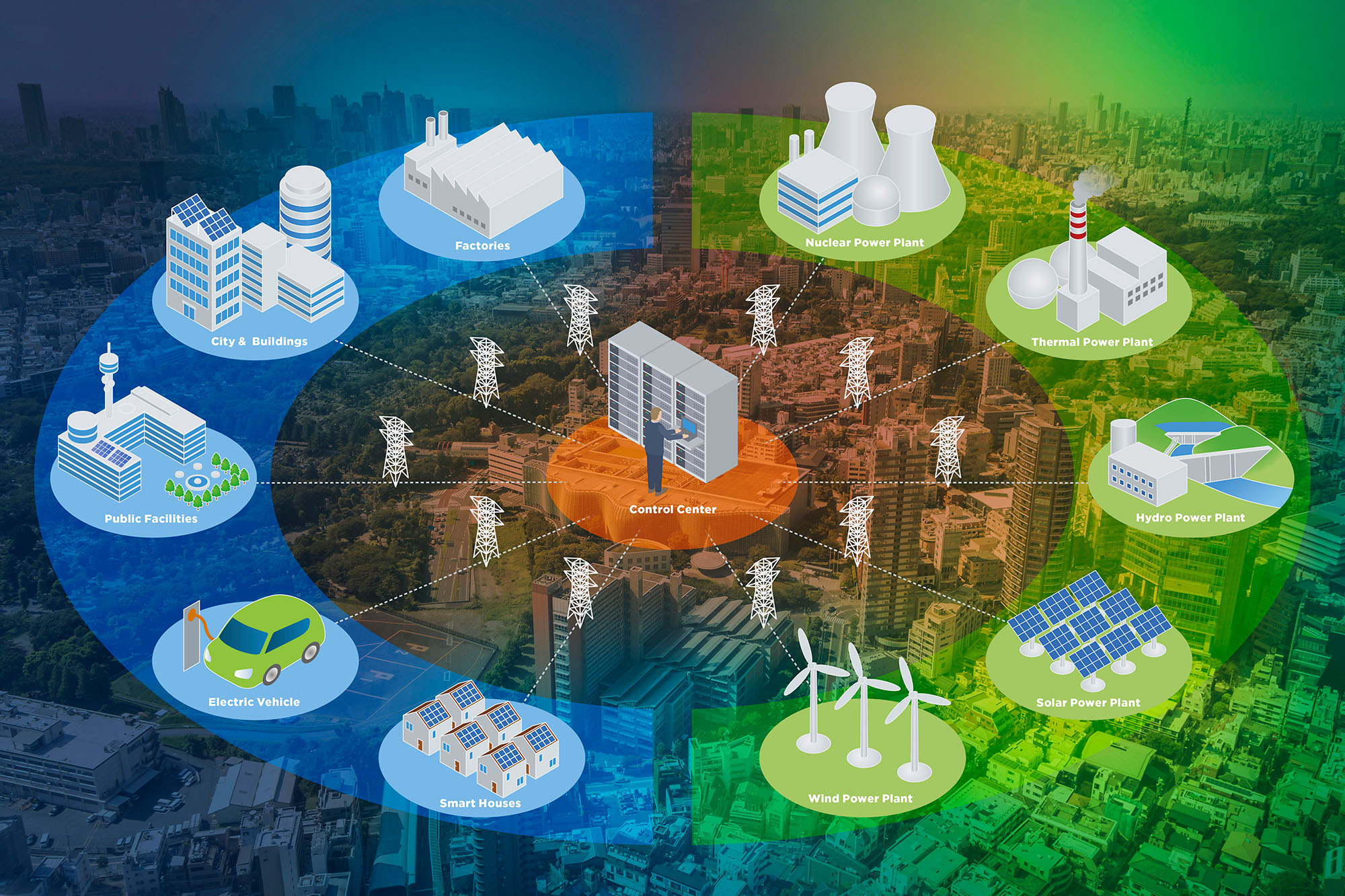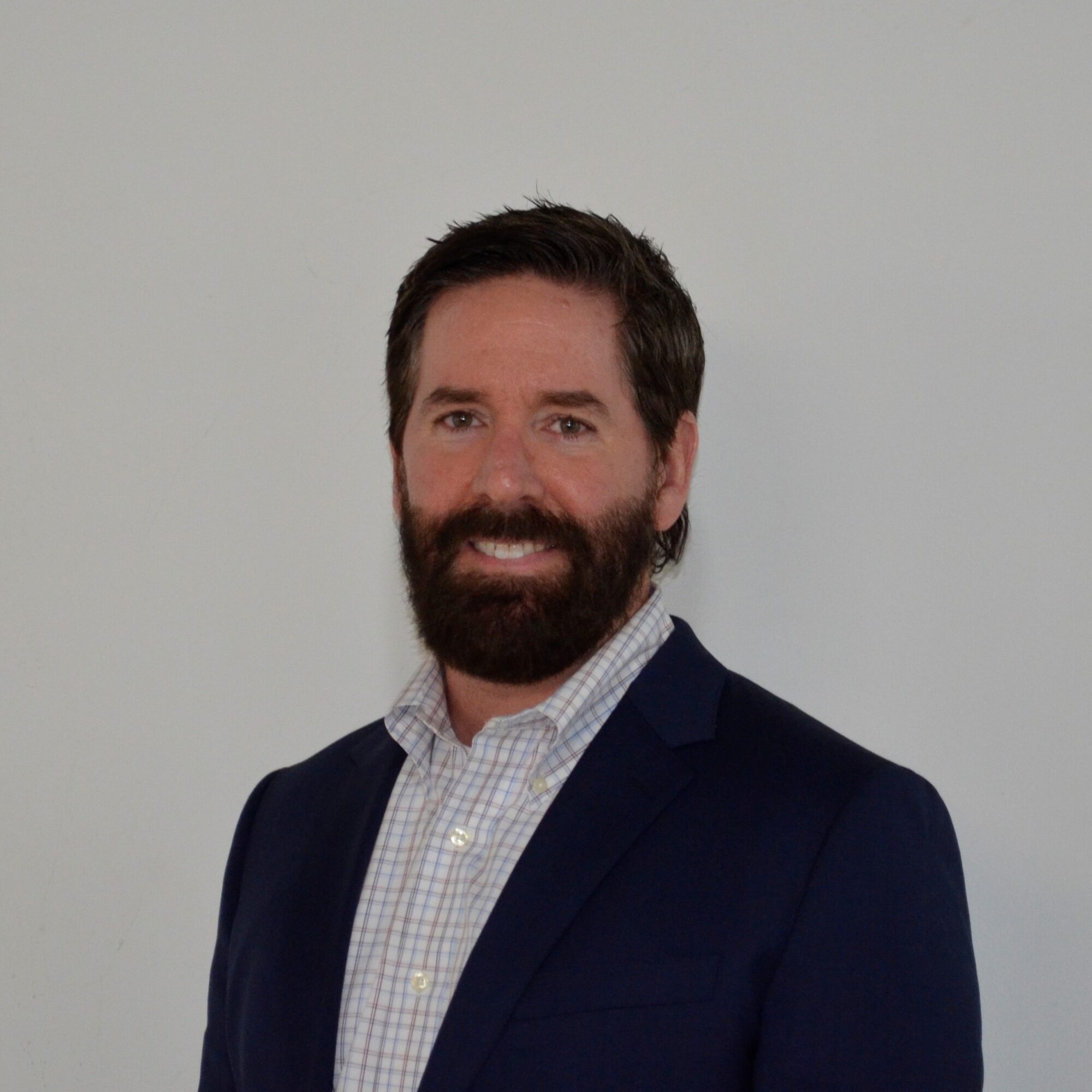The Challenge: Driving Scalable Change
The need to decarbonize our energy systems is urgent – but to successfully transform this vast market requires cross-sector change at scale. For decades, our industry has been re-shaping the way energy is generated and used, to reduce carbon emissions, increase resiliency and drive economic and social benefits. But for this transition to be truly successful, we must work together, accounting for new federal, state and local policy frameworks and laws, and integrating new advanced technologies.
In the U.S., key considerations for the energy sector have traditionally revolved around price (affordability), quality (reliability and security) and to a lesser extent, the generation mix. Fast-forward to today, and a myriad of converging policies, market dynamics, technologies and customer-facing concerns are driving a decision framework that is more inclusive of an industry-wide transition that accounts for energy and economic equity, sustainability, grid modernization, resilience and environmental justice. Local communities and jurisdictions are more intimately aware of these pervasive concerns and are proactively engaged in the energy transition process. The era of ‘command-and-control’ utility-driven energy is being challenged by an energy network and community that seeks to infuse a more informed set of values and principles into a modern energy grid that is more intuitive and distributed, decentralized and democratized, digitized and decarbonized.
The path taken by energy providers and regulators will look different by geographic regions and will be responsive to different applications – whether electrification and low-carbon fuels on the demand side, or renewables with storage, hydrogen, nuclear and carbon capture on the supply side. This path should be pursued in a way that keeps the door open for future technology options and evolving regulatory policies, to the greatest extent possible (for example, maintaining pathways for both all-electric and hybrid fuel infrastructure).
Change will be constant, which is both a challenge and opportunity for the energy industry – priorities over the last decades have evolved to include customer cost savings, environmental and health impacts, climate and disaster resiliency, and societal equity. As a result, the grid has gotten cleaner, and technology has advanced markedly to meet these goals. But the scale of this transformation needs to continue expanding, and in a way that has a winning outcome for the industry, the environment and the customer.
“We’ll need to be agile – and intentional – in our approach to greenhouse gas reduction and clean energy development. This means advancing energy infrastructure and systems that support our economy, while making sure that traditionally disadvantaged communities have equal access to clean and affordable energy.” – Mark Coleman, Director of Advisory & Innovation, TRC
Related Services
The Solution: Customer Choice & Cross-Industry Collaboration
The energy transition will not be solved by a one-size-fits-all solution, but will require innovative cross-industry collaboration, with the involvement of a key stakeholder: the customer. Taking lessons learned from decades of work in our industry, we know that changing priorities and technologies are a given, and an agile approach will help achieve our desired results of delivering energy that’s cleaner, more resilient, more affordable and more equitable.
Based on our work within the industry and ongoing conversations with peers, we’ve identified three critical considerations to make the clean energy transition more scalable.
Prioritize cross-industry collaboration
One of the strongest opportunities for change in our industry is through rate cases – regulatory proceedings that address the costs of operating and maintaining the utility system and allocating those costs among customer classes. By being involved in rate cases, stakeholders can work together to leverage common goals including decarbonization, resiliency, energy equity and workforce development within our industry. The resulting ratepayer-funded programs are powerful market-based tools that are helping to drive the clean energy transition at scale.
Focus on customer choice
Compared to the utility model of 20 or 30 years ago, our industry has evolved to be customer-centric, and this shift is continuing to evolve. Our role in the energy industry is not to tell customers what to do, but to help them make a better decision. We are seeing success in programs that educate and empower customers and trade allies, sending signals in the market rather than mandates. And this is especially true for customer segments that were previously underrepresented or overlooked. Customers are attuned to equity and fairness, and it’s our industry’s job to provide that, embedded within the services we provide.
Efficiency and equity are the cornerstone
Decarbonization is driving our industry, as every day we’re experiencing in real time the impacts of climate change, with increasing urgency. Connected to this is resiliency, which ensures the delivery of energy in a world of increasing climate-based disruptions to the power grid. The cornerstone of our decarbonization and resiliency plan is energy efficiency. Without efficiency, we can’t cost-effectively transition our energy systems to low-carbon and renewable alternatives. And without energy equity, our industry will risk unfairly distributing the benefits of the clean energy transformation within the communities we serve.
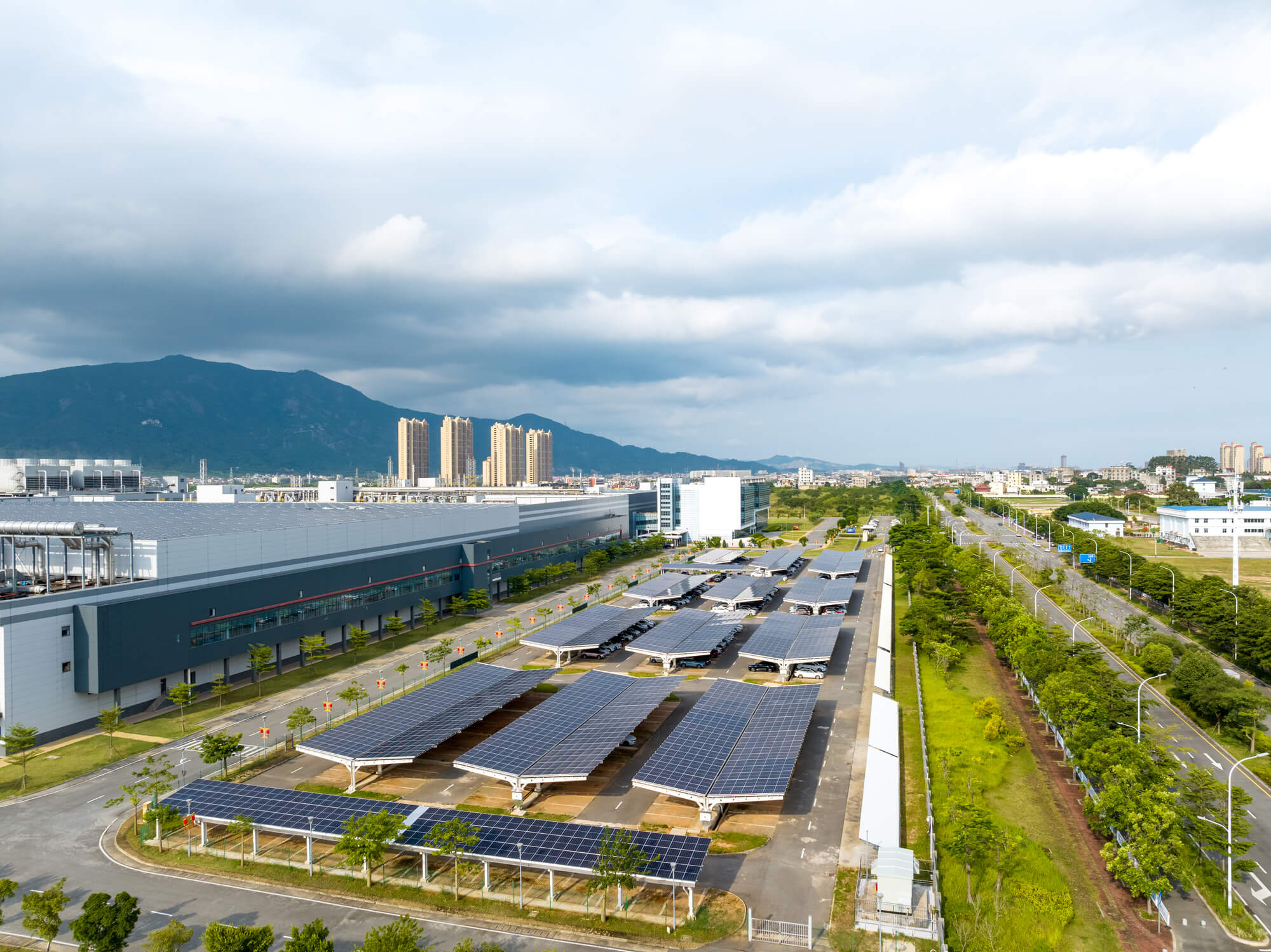
Outcome: a Win-Win for Customers and the Industry
Thirty years ago, at the beginning of what we’re now calling the energy transition, our industry was simply trying to help customers realize economic benefits that also benefited the system and the utilities. Efficiency was the cheapest resource for utilities, and that was the overarching framework for the early work; it made economic sense, plus it was a good thing to do.
Now, we’re looking at the energy transition more purposefully, as our industry’s goals have expanded to include a broader impact area of climate resiliency, environmental protection and social equity.
TRC defines the energy transition in its current state as: the shift from high greenhouse gas emitting systems of energy production and consumption to cleaner, lower, or non-emitting systems in a way that is intentional about promoting greater resiliency of the energy system and greater equity among the societies that are serving and being served by our energy systems.
We’re proud of our work with utilities and agencies across the country to advance this transition and enable our industry to serve their customers with cleaner, more resilient, more equitable energy.
Hear from the Experts: Tune in to our Podcast
Where is the clean energy transition headed next? We posed this question to three industry veterans, all of whom launched their careers in the 1990s at the New York State Energy Research & Development Authority (NYSERDA), and who’ve remained friends, active in advancing the clean energy transition in the decades since. Join this engaging conversation to hear how our industry’s priorities have evolved over the last 30 years, and some predictions on what’s coming next. Speakers:
- William M. Flynn – Harris Beach, PLLC. Bill leads the Harris Beach Energy Industry Team and advises clients on local, state and federal governmental affairs. Previously, Bill served as Chairman of the New York State Public Service Commission (NYS PSC) and was President of the New York State Energy Research and Development Authority (NYSERDA).
- Michael Colgrove – Executive Director, Energy Trust of Oregon. Prior to his work at ETO, Mike spent 15 years with NYSERDA where he was director of the New York City office and multifamily programs. In that role, he led a national working group that developed ENERGY STAR® standards for multifamily high-rise buildings.
- Mark Coleman – Director, Advisory & Innovation, TRC. Mark works with agencies and utilities to transform energy usage. Mark launched his career at NYSERDA and currently serves on the Board of Directors of NY-BEST, the New York Battery and Energy Storage Technology Consortium.
- Maddie Emerson (Moderator) – Strategy & Regulatory Manager within TRC’s Advanced Energy practice. Maddie leads initiatives to drive decarbonization in the commercial, industrial and residential sectors.
By planning, designing, and implementing decarbonization and energy efficiency programs across the U.S., TRC is helping our clients achieve a clean and equitable energy future for the communities they serve.
For more information, contact us at advancedenergy@trccompanies.com
Embrace The Shift
Partner With TRC’s Tested Practitioners





